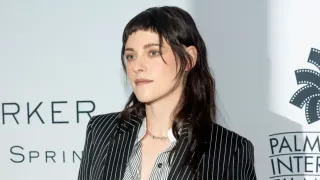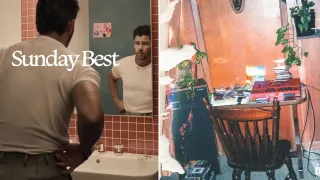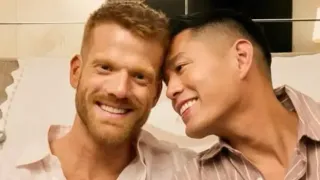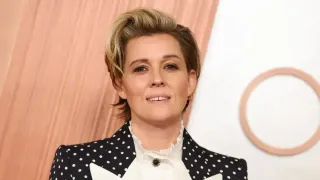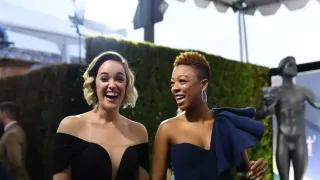October 15, 2014
Author of Vatican Gay Report Eyes Improvement
Jason St. Amand READ TIME: 2 MIN.
The main author of a contentious Vatican draft report on welcoming gays and divorced people into the church defended the document Wednesday but acknowledged problems and said there was ample room for improvement.
On Monday, Cardinal Peter Erdo, the "relator" or main rapporteur of the Vatican meeting on family life, officially presented the working paper that was supposed to have synthesized bishops' closed-door debate about marriage, divorce, gays and contraception over the previous week.
While many bishops praised the document as having captured the spirit of their discussions, conservatives blasted it as unacceptable, said it didn't reflect their views and was in sore need of an overhaul.
Erdo told Vatican Radio that the 16 officials who drafted it struggled to synthesize the positions of 30-40 bishops on any given topic and were rushed to finish it on time. But he said the document at least covered the general themes to be discussed in working groups that are proposing amendments for the final report due Saturday.
The draft said gays had gifts to offer the church and their partnerships, while morally problematic, provided gay couples with "precious" support. The church, it added, must welcome divorced people and recognize the "positive" aspects of civil marriages and even Catholics who live together without being married.
Erdo acknowledged that there may have been instances when the report said "many" bishops had proposed a position when only "some" bishops might have been more accurate. He said the final paper would provide "greater clarity, that doesn't leave any doubt in any chapter because the faithful need a clear voice, an encouragement and an instruction."
The controversy over the document has crystalized the deepening divisions in the church over Pope Francis' revolutionary agenda to make it a more welcoming place which, while keeping true to Catholic doctrine, doesn't emphasize rules or exclude people based on them.
